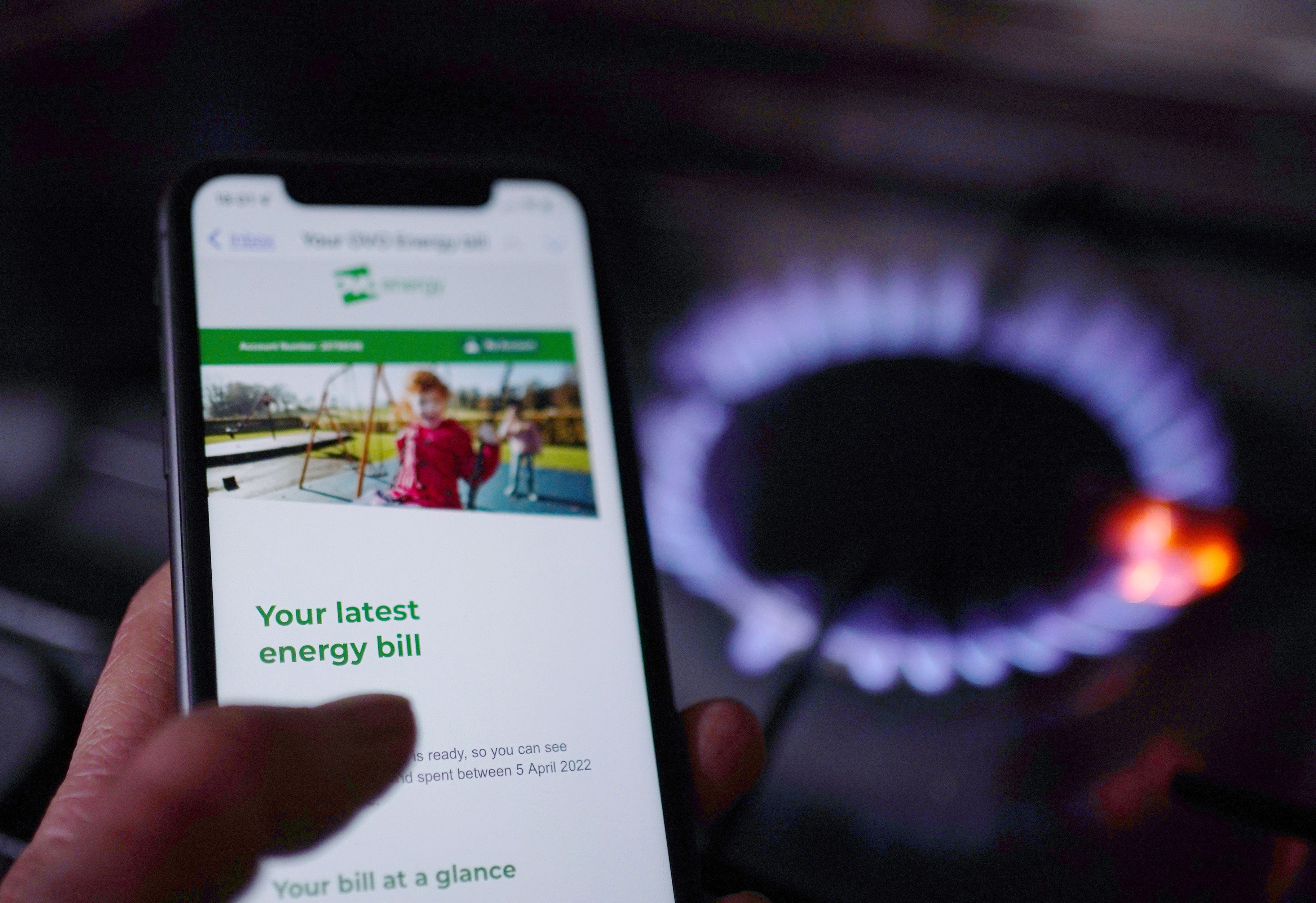Disabled people ‘three times more likely to be in debt and unable to afford food’
Those with more complex needs eight times more likely to struggle heating their homes, research shows


Disabled people are three times more likely to be in debt and unable to afford food, a charity has found.
Analysis by charity Sense and NatCen Social found that disabled people were 13 per cent more likely to be behind on bills or in debt, compared to non-disabled people (4 per cent).
Researchers, who carried out an analysis of the most recent government data from the Family Resources Survey, found disabled people were three times more likely to be unable to afford access to adequate food (17 per cent) than those with no disability.
And disabled people were also three times more likely to be unable to heat their homes (8 per cent) compared to people with no disabilities. This rose to eight times (24 per cent) for those with more complex needs.
Sense found around half of disabled people are unemployed (55 per cent), rising to four out of five (82 per cent) people with more complex needs. This compares to under a quarter (23 per cent) of non-disabled people.
Disabled people are also more likely to be in receipt of benefits than non-disabled people, the researchers found. One out of seven (15 per cent) of disabled people are on Universal Credit, rising to two out of seven (29 per cent) for people with complex disabilities. This compares to just 5 per cent of non-disabled people.
Sense has now called for the government to increase benefits in line with inflation, as the study revealed disabled people were struggling to make ends meet even before the cost of living crisis.
Speaking on the study’s findings, Sense chief executive Richard Kramer said: “The current cost-of-living crisis has worsened an already precarious financial situation for disabled people across the country – with those with more complex needs, and their families, facing the hardest time.
“Disabled households are more likely to be in receipt of benefits, out of work with less income and savings.
“This is made worse by having to pay for disability-associated expenses, such as therapies and insurance, as well as facing higher energy costs to run essential equipment, like feeding machines and ventilators.”



Join our commenting forum
Join thought-provoking conversations, follow other Independent readers and see their replies
5Comments